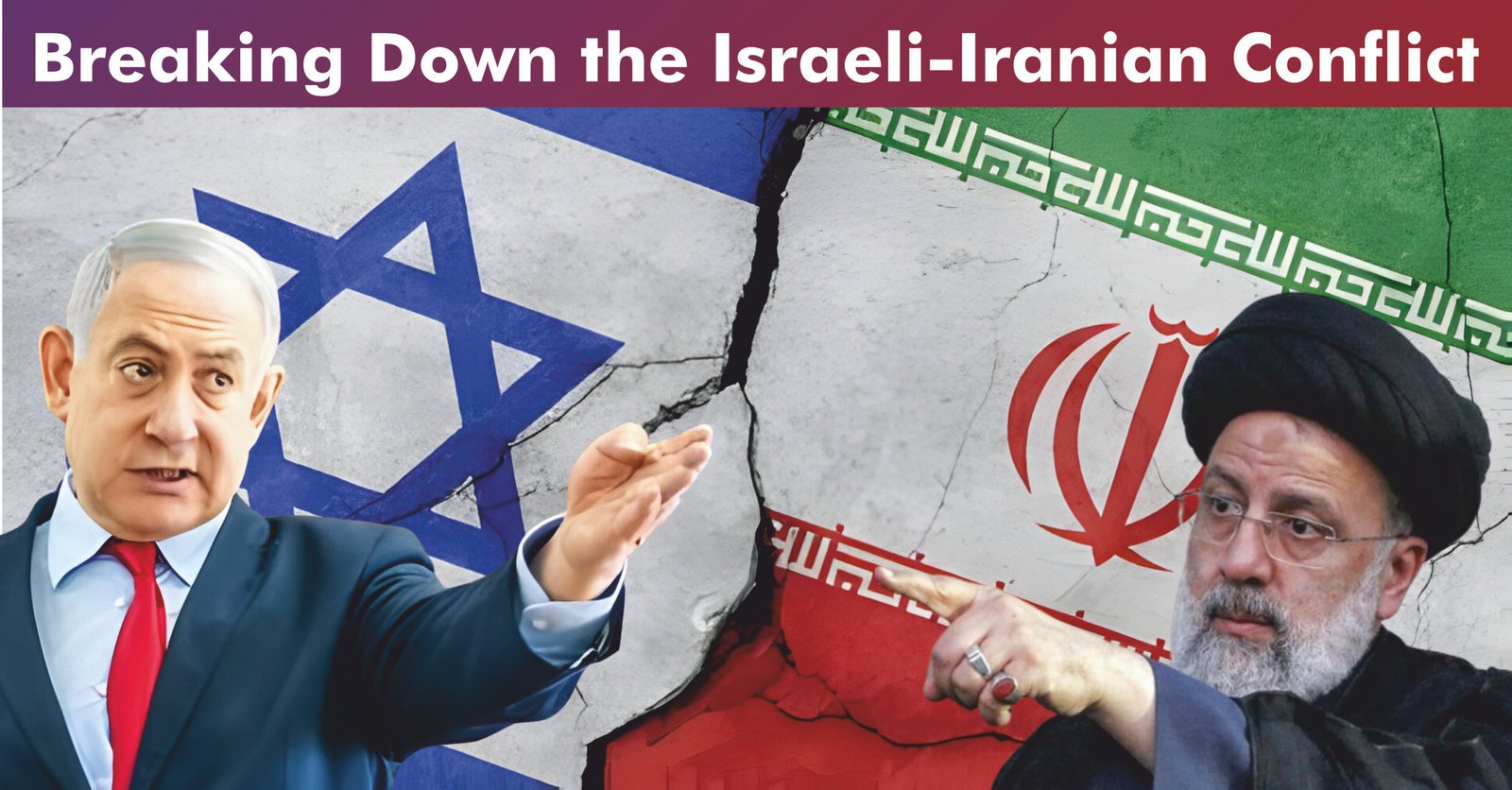Causes :-
1) Introduction
The ongoing tension between Israel and Iran has captured global attention and raised concerns about a potential full-scale conflict. Understanding the root causes of this hostility is crucial to navigating the complex dynamics at play.2) Historical context
Historical occurrences shaped the opposing pathways of Israel and Iran, which is one of the numerous reasons for their hatred. Iran’s Islamic Revolution of 1979 marked a turning point as the new regime sought to export its revolutionary ideology, clashing with Israel’s regional interests.
3) Comparative Ideology
Ideological differences further fuel the conflict, as Israel views Iran as a threat due to its support for militant groups in the region. Iran’s anti-Israel rhetoric and calls for the destruction of the Jewish state have exacerbated tensions, creating a sense of existential threat for Israel.
4) Conflicts over Regional Power
The geopolitical landscape of the Middle East adds another layer to the Israel-Iran conflict, with both countries vying for influence and dominance in the region. Proxy wars in Syria and Yemen have intensified the rivalry, drawing in external actors and escalating tensions.
5) Aims for Nuclear Power
Iran’s nuclear programme has been a major point of contention, with Israel viewing it as a direct threat to its security. The fear of a nuclear-armed Iran has led to Israeli efforts to counter Iran’s nuclear capabilities, including covert operations and diplomatic pressure.
6) Risks of Escalation
The volatile nature of the Israel-Iran conflict poses significant risks of escalation, with the potential for miscalculations or unintended consequences triggering a broader conflict. The presence of other regional actors and ongoing unrest exacerbate the situation’s fragility.
7) Conclusion
The reasons behind the Israel-Iran conflict are multifaceted and deeply entrenched in historical, ideological, and geopolitical factors. Navigating this complex landscape requires a nuanced understanding of the dynamics at play and a concerted effort to de-escalate tensions for the sake of regional stability.
Consequences :-
- Human Casualties:
In the event of war, innocent civilians would be the most affected. Both Israel and Iran have significant populations, and any conflict would result in a large number of casualties. - Economic Consequences:
The war would have significant economic consequences for both Israel and Iran, as well as for the wider region. Both nations would suffer greatly from the expense of reconstructing their infrastructure, the loss of commerce, and the interruption of the oil sector. - Increased Regional Instability:
A war between Israel and Iran would likely lead to increased regional instability. Other countries in the region may get involved in or be affected by the conflict, leading to further violence and instability. - Global Security:
A war between Israel and Iran could have global consequences. The threat of nuclear weapons, cyberattacks, and terrorism would increase, leading to instability and a potential threat to global security. - Diplomatic Relations:
The war would have a significant impact on diplomatic relations between Israel, Iran, and other countries. There would have to be more tension and fighting since the world would have to choose sides.
- Conclusion:
A war between Israel and Iran would have far-reaching and devastating consequences. It is important to work towards peaceful resolutions and open communication to avoid such conflicts and find solutions that benefit everyone involved.



